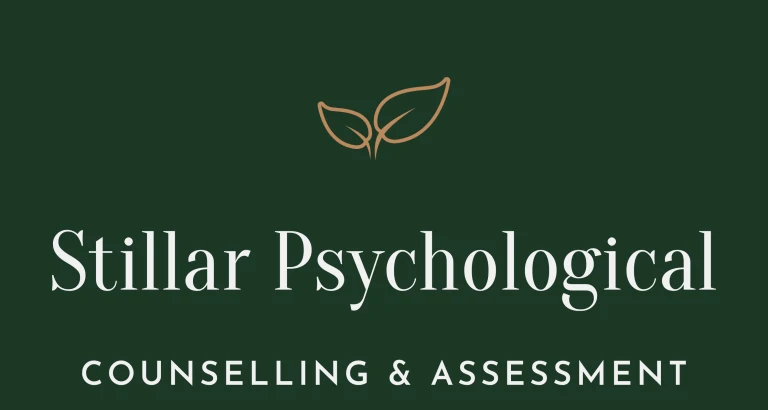Postpartum Support in Edmonton, AB
PMADS can affect anyone!

Unfair and Unrealistic Expectations for Moms
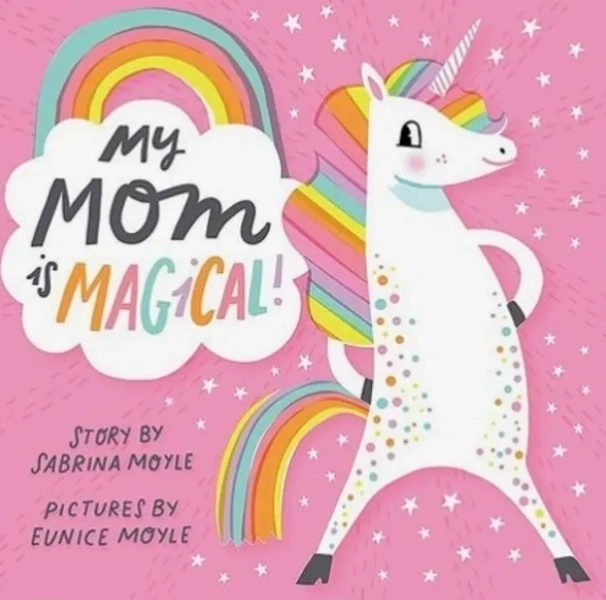
Moms are expected to be magical creatures
Moms are ordinary people and this is okay!
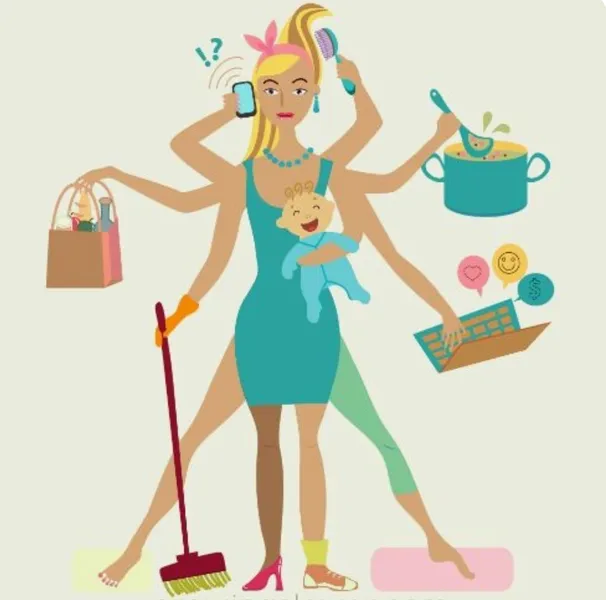
Moms are expected to do everything

Moms are expected to be superheros or superhuman
Unfair and Unrealistic Expectations for Dads
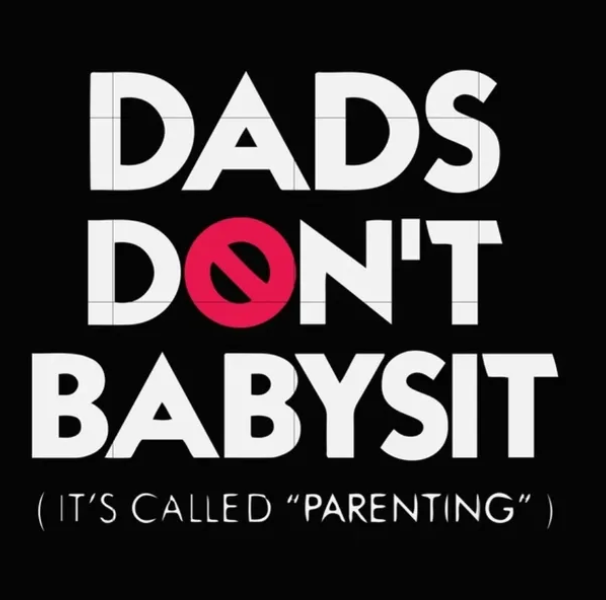
Dads babysitting
Dads are not babysitters or secondary parents, they are invaluable parents!

Paternal leave isn’t necessary or important
Research shows that when Dad’s have the opportunity to parent and raise their child, there are positive outcomes. Paternal leave is important!

Dads don’t know what they’re doing
Dads are highly capable and valuable parents who do know what they are doing when it comes to raising and caring for their children! We need to stop endorsing the incapable Dad stereotype.
Perinatal Depression: The Facts
This means that 14-20% of women experience perinatal depression.
This means that 10% of new fathers experience postpartum depression.
Baby blues are a normal experience, not a psychological or psychiatric disorder. Not a mild form of depression but still something very important to be aware of and seek support for, if needed.
Occurs due to the hormone fluctuation at the time of the birth and acute sleep deprivation.
Lasts between 2 days to 2 weeks. If lasting longer than 2 weeks, is not baby blues but potentially Perinatal Depression or another Perinatal Mood or Anxiety Disorder. Please seek help and support.
Usually peaks between 3-5 days after delivery.
Symptoms: tearfulness, lability, reactivity, exhaustion. Does not include suicidal thinking.
Pregnancy: Mood is labile, teary, self-esteem is unchanged, no suicidal thoughts, energy may be low/tired, can sleep but may wake up due to bladder or heartburn, experience joy and anticipation as well as some worry, appetite increase.
Depression: mood is gloomy, irritable, agitated, rage, low self-esteem, guilt, difficulty falling asleep and/or staying asleep, may have suicidal thoughts, plans, or intentions, energy does not restore after rest, feel fatigued, anhedonia (inability to feel pleasure), dysregulation of appetite.
- Overwhelmed, “I feel like I cannot cope.”
- Lack of feelings of connection towards baby.
- Inability to take care of oneself or family.
- Feeling isolated or socially withdrawn.
- Agitation, irritability.
- Unable to experience pleasure or joy.
- “This doesn’t feel like me.” “I just don’t feel like myself.”
- Increased somatic symptoms such as headaches, back pain, GI issues etc.

Perinatal Anxiety and OCD: The Facts
15.8% experience prenatal anxiety as well.
- Excessive worry, often about one’s health or baby’s health.
- Difficulty controlling worry (persistent thoughts, rumination).
- Agitation, irritability.
- Restlessness, feeling on edge, unable to relax or sit still.
- Poor concentration.
- Easily fatigued, difficulties with sleep.
- Increased somatic symptoms such as headaches, back pain, GI issues.
Intrusive (unwanted), repetitive thoughts, urges, or impulses – usually about harm coming to baby but can be related to other concerns.
Common types of thoughts: deliberate harm to baby, contamination (e.g. didn’t clean bottle out properly, detergent from soap in clothing, accidental harm to baby (e.g. what if I drop the baby, or hurt the baby in some way), ordering/arranging things (e.g. bottles must be arranged just so), religious (e.g. baby is a demon), checking (e.g. checking if the baby is okay, breathing, more than what is healthy.)
“What if” thinking.
Intense shame and guilt.
Horrified by these thoughts. Thoughts or impulses are experienced as distressing, unwanted, unacceptable, or inconsistent with one’s self-concept.
Engaging in behaviours to avoid harm or minimize triggers.
Hypervigilance.
OCD: parent recognizes thoughts or urges are unhealthy, experiences extreme anxiety about thoughts or urges, overly concerned about being or becoming “crazy” or “snapping.”
Psychosis: parent does not recognize thoughts/actions are unhealthy, may have less anxiety about thoughts or behaviours, may have delusional beliefs about the baby (e.g. baby is a demon, baby is a baby doll), does not have insight about the distortion of thoughts (meaning they may think their thoughts or urges are reasonable).

Perinatal PTSD: The Facts
An event occurring during the labor and/or birth process that can involve actual or threatened serious injury or death to the mother or her infant.
An event occurring during the labor and/or birth process wherein then woman is stripped of her dignity.
Witnessing the traumatic event (e.g. witnessing parent’s traumatic birth process).
Examples: Emergency C-section, postpartum hemorrhage, prematurity or stillbirth, unexpected NICU admission, forceps or vacuum extraction, severe pre-ecplampsia, 3rd or 4th degree laceration, Hypermesis Gravidarum, traumatic vaginal birth, fetal anomaly diagnosis in pregnancy, witnessing partner’s birth experience, shoulder dystocia, long labor process, failed pain medications or poor response to anesthesia.
Avoidance of postpartum care.
Impaired parental-infant bonding.
Sexual dysfunction or distress related to sexual acts.
Avoidance of future pregnancies.
Difficulties with breastfeeding.
Yearly anniversary of traumatic birth.
41.7 deaths per 100,000 live births for black women.
28.3 deaths per 100,000 live births for American Indian or Alaska Native.
13.4 deaths per 100,000 live births for white women.
Statistics are based on the Center of Disease Control (CDC) for 2014-2017.
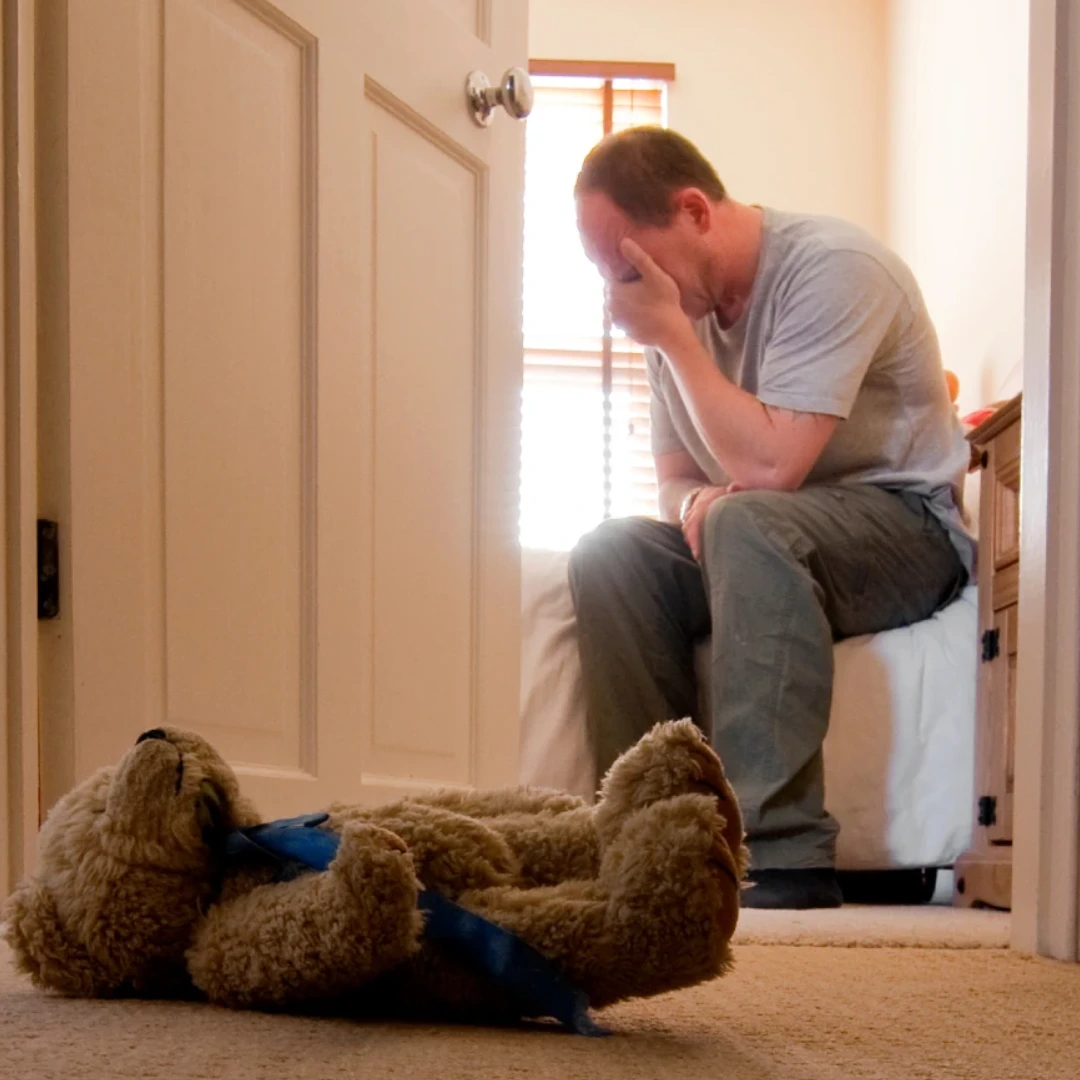
Perinatal Psychosis: The Facts
First baby, discontinuation of mood stabilizer, obstetric complications, perinatal or neonatal loss, previous bipolar episodes, psychosis or postpartum psychosis, family history of bipolar disorder or postpartum psychosis, sleep deprivation.
Bipolar Disorder is a significant risk factor for Perinatal Psychosis, which occurs in 20% to 30% of women with Bipolar Disorder. If you are pregnant and have Bipolar Disorder it can be very helpful to have a mental health professional support you through your pregnancy and postpartum care.
Poor concentration or disorientation.
Agitated, hyperactivity, emotionally distant, aloof, lack of self-care.
Mood is elated, labile, dysphoric or depressed.
Speech can be rambling, tangential, or nonsensical.
With adequate treatment, nearly all individuals experiencing postpartum psychosis achieve full remission and then majority achieve good functional recovery.
If you believe you or someone you know may be experiencing Perinatal Psychosis please seek professional help right away.

Pregnancy Myths
All pregnancies are planned
NOT TRUE!
50% of pregnancies are unplanned
All pregnancies are wanted
NOT TRUE!
Many parents do not bond right away with their infant. This does not mean there is something wrong with you, sometimes it takes a while to establish a bond with your infant.
Getting pregnant is easy/hard
NOT TRUE!
Everyone's conception journey is different. There is no one way to experience getting pregnant.
All women love being pregnant
NOT TRUE!
Many women find pregnancy an unpleasant experience. This does not mean you are a bad mom or there is something wrong with you!
Pregnancy is a magical time
NOT TRUE FOR EVERYONE!
Many women experience discomfort and/or pain throughout pregnancy. If you do not enjoy pregnancy this does not mean you are a bad mom or there is something wrong with you!
Pregnancy = live and healthy baby
NOT TRUE FOR EVERYONE!
Not all pregnancies results in a living and/or healthy baby. It is important to recognize these possibilities and to be aware that different women and parents will have different pregnancy experiences.
Labor and Delivery Myths
Parenthood Myths
Supportive and Affirming
Social Media and Online Resources
bodypositive_mom
Anti-diet Dietician who aims to inspire moms to feel body confident and find food freedom.
the.mom.room excitement
Mother affirming IG account and Podcast
mother.ly
IG account that offers a safe space to discuss parenthood topics without negative or judgemental comments.
Breastfeeding Resources for Black Mothers
Facebook Groups
- Black Moms Breastfeediinig Support Group
- Black Pumpiinig Mamas
- Milk Like Mine
- Normalize Breastfeeding
- Black Women Do Breastfeed
- Black Moms Breastfeed
- Black Breastfeeding Mamas Circle
Breastfeeding Resources for Non-Binary Gender Nonconforming and Trans Chestfeeding Individuals
La Leche League: Transgender & Non-Binary Parents Facebook Groups:
- Birthing and Breast or Chestfeeding Trans People and Allies
- Queer Liquid Gold
Katie Crenshaw
Maternal Mental Health Advocate
Author of BodyCanBooks that encourage healthy body image development.
@bodycanbooks
@herbodycan
Perinatal Loss Support
Instagram Support #Iwassupposetohaveababy #pregnancyafterlosssupport Perinatal Loss Films Don't Talk About the Baby (Pregnancy Loss) One More Shot (Infertility) Websites The MISS Foundation - www.missfoundation.org Modern Loss - www.modernloss.com Good Grief Education and Support - www.good-grief.org Resolve.org Stillbirth.org
Infertility Resources
The Art of Infertility - www.artofinfertility.org Still Standing - Child loss and infertility - www.stillstaandingmag.com TheBrokenBrownEgg.org Yeah Tikva - Jewish Infertility Support - www.yeshtikva.org
Adoption and Birth Mother Resources
Three Strands - www.threesstrandsinc.org Brave Love - www.bravelove.org Birther Mother Baskets - https://birthmotherbaskets.org The North American Council for Adoptable Children - www.nacac.org National Foster Care and Adoption Directory Search - https://childwelfare.gov/nfcad
Perinatal OCD
Resources for Medications in Pregnancy and Breastfeeding
MothertoBaby 866-626-6847
Infantrisk.com 806-352-2519
Massachusetts General Hospital for Women's Mental Health
1-800-332-1414
Strong women don't need medication
THIS IS NOT TRUE!
Each woman has the right to choose a labor and delivery plan that fits for her. If you choose pain medication it does NOT mean you are weak or trying to take the easy way out.
The only "good" birth is a "natural" non-medicated one
NOT TRUE!
It is important to respect every parent's choice to a labor and delivery process that feels like the best fit for them. We are all different and unique, and there is no one "right" or "good" way to go through the labor and delivery process.
You've failed if you've had a C-section
NOT TRUE!
Whether your C-section was elective or planned, you have every right to chose a delivery method that works for you. Choosing or having a C-section does not mean you have failed or taken the easy way out.
Being a mother is instinctual
NOT TRUE FOR EVERYONE! Some mothers may describe motherhood as innately instinctual and natural for them, but not all mother's experience motherhood in this way. If motherhood is not instinctual or natural for you that does NOT mean there is somethinig wrong with you!
You will bond instantly with your baby!
NOT TRUE! Many parents do not bond right away with their infant. This does not mean there is something wrong with you, sometimes it takes a while to establish a bond with your infant.
You will experience euphoric joy when you hold your baby for the first time
NOT TRUE! It is completely normal and common for moms and new parents to not experience joy and to actually experience many other negative feelings or nothing, when holding their baby for the first time.
Breastfeeding will come easy and naturally
NOT TRUE! It is completely normal and common for moms to struggle with breastfeeding. If you are having difficulties with breastfeeding it can become a very painful and stressful experience. You deserve support! There are professionals who can help you, please seek them out because you deserve it!
Good mothers don't take breaks or need help
NOT TRUE! It is so important to remember that you are a mother AND an individual. All parents deserve to take breaks and deserve to have and ask for help.
Dads are suppose to be "the rock"
NOT TRUE! Emotions are a human condition; Fathers/Men are not exempt from having feelings or struggling. Fathers experience perinatal mental health challenges too. 10% of new fathers experience postpartum depression. 2.4-18% of fathers experience postnatal anxiety symptoms.
Dads are secondary to Moms
NOT TRUE! North American gender stereotypes paint Dads a bumbling buffoons who don't know what they are doing when it comes to child care, or are seen as secondary parents to mothers. Dads are highly capable and can be excellent caregivers if/when given the opportunity to do so.
Helplines

Perinatal Support Helpline
- Call: 800-944-4PPD
- Text: 503-894-9453
Moms are ordinary people and this is okay!

Mental Health Help Line

Suicide Prevention Line
Highly trained volunteers and professional staff available to help you 24/7 if you need someone to talk to. Your call is confidential.
Chat is available from 3pm – 10:00pm weekdays and from noon-10:00pm on weekends.

Hope for Wellness Helpline
Highly trained volunteers and professional staff available to help you 24/7 if you need someone to talk to. Your call is confidential.
Chat is available from 3pm – 10:00pm weekdays and from noon-10:00pm on weekends.
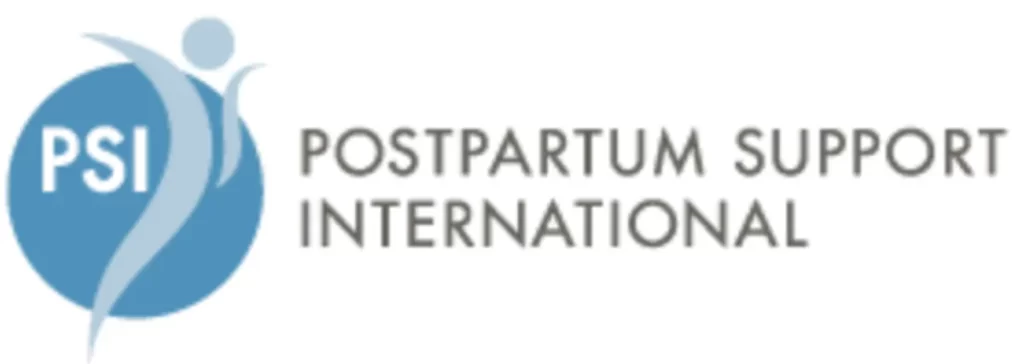
Perinatal Support Helpline
Call: 800-944-4PPD
Text: 503-894-9453
Mental Health Help Line
1-877-303-2642
24 hour, 7 day a week confidential service that provides support, information and referrals to Albertans experiencing mental health concerns.


Suicide Prevention Line
1-800-784-2433
Highly trained volunteers and professional staff available to help you 24/7 if you need someone to talk to. Your call is confidential.
Chat is available from 3pm – 10:00pm weekdays and from noon-10:00pm on weekends.
Hope for Wellness Helpline
1-855-242-3310
Offers immediate mental health counselling and crisis intervention to all Indigenous peoples across Canada.
Available 24 hours a day, 7 days a week.

